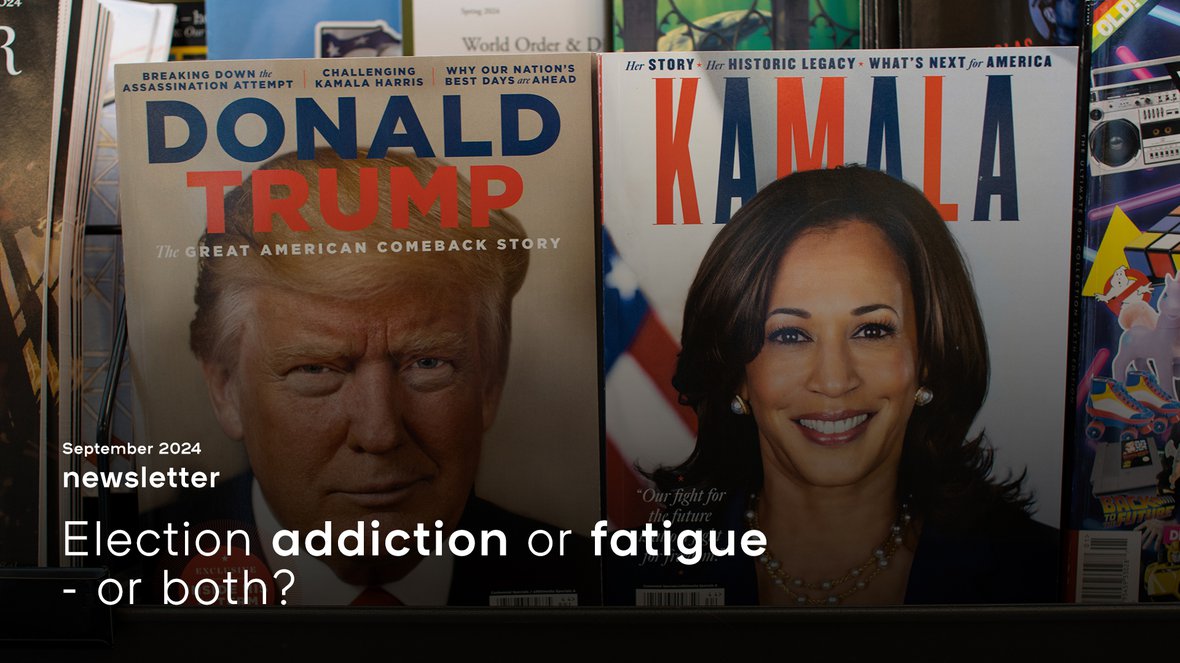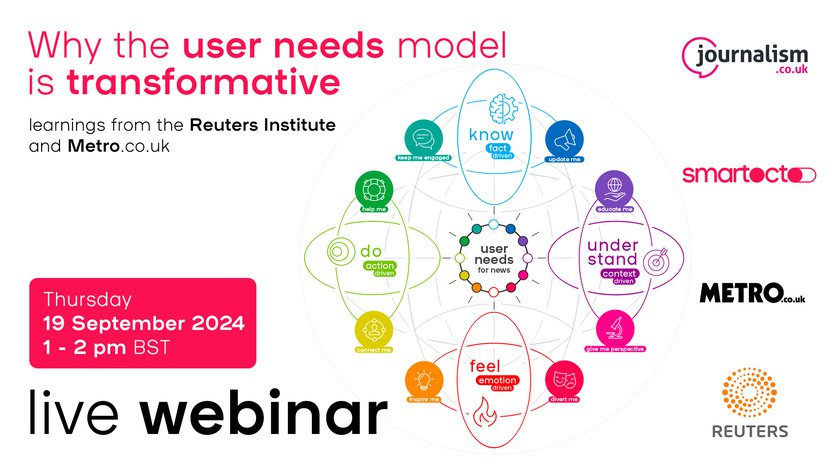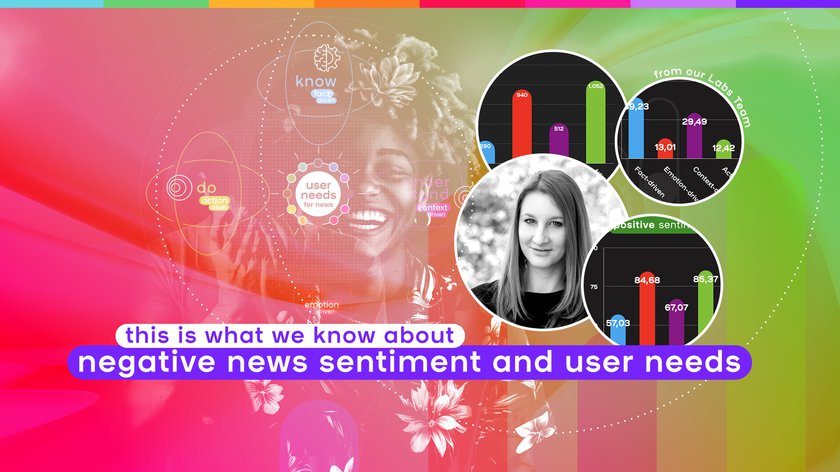I’m part of a WhatsApp group of election geeks. We share all the stats, all the funny video shorts, all the analysis. We’ve been sharing data studies and fact checks and op-eds for years now, and any time a big election looms we rub our hands together with glee.
There’s a ‘but’ coming. Can you feel it?
Although we’re all keen on democracy doing its thing, even we’ve found a sense of fatigue creeping in - and there’s still weeks and weeks before the US actually goes to the polls. “I’m surprised The Guardian haven’t started their live blog already,” one of our party said, with more than a hint of sarcasm before the Big Debate. “If this had been Messi vs Ronaldo, they’d have been at it since the weekend”.
As is often the case, it’s the offhand comments which often speak the most truth.
Whenever a big event worthy of digital column inches appears, so too does the feeling of dread that no-new-information-updates are going to once again take over the digital front page.
At the same time - whether it's a presidential election, international football or the ongoing awfulness of war - we’re probably all guilty of refreshing our browsers because of the expectation that updates will be coming every second of the day.
The problem of simultaneous new-fatigue and news-addiction has been occupying my mind a lot recently - particularly in the context of the US election. Just how should newsrooms cover all those needs, when readers are likely going to be craving and complaining about it?



